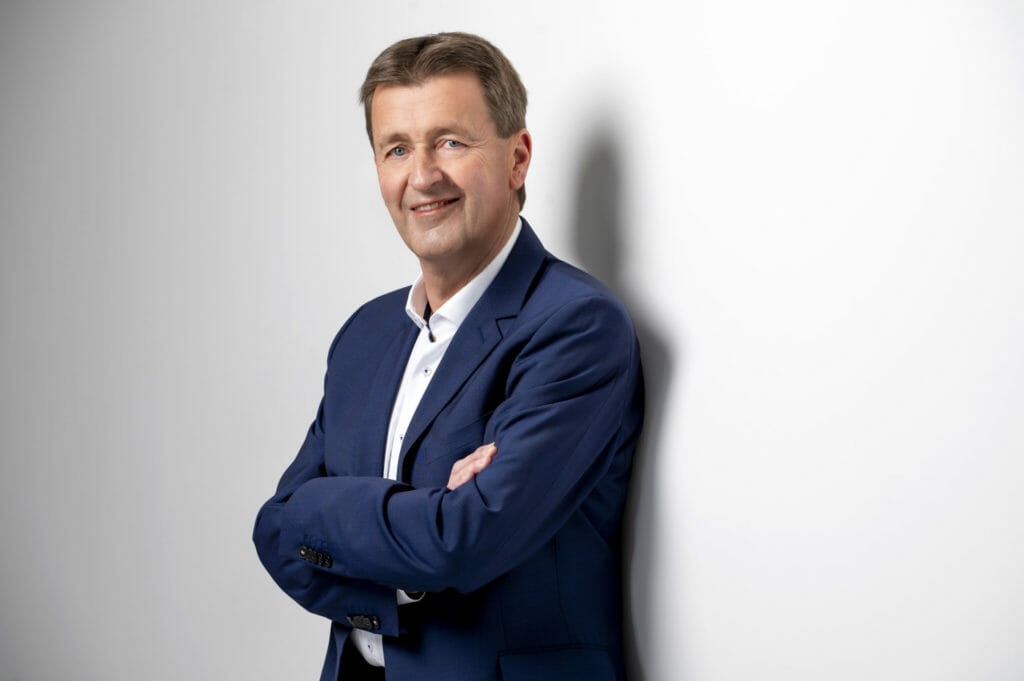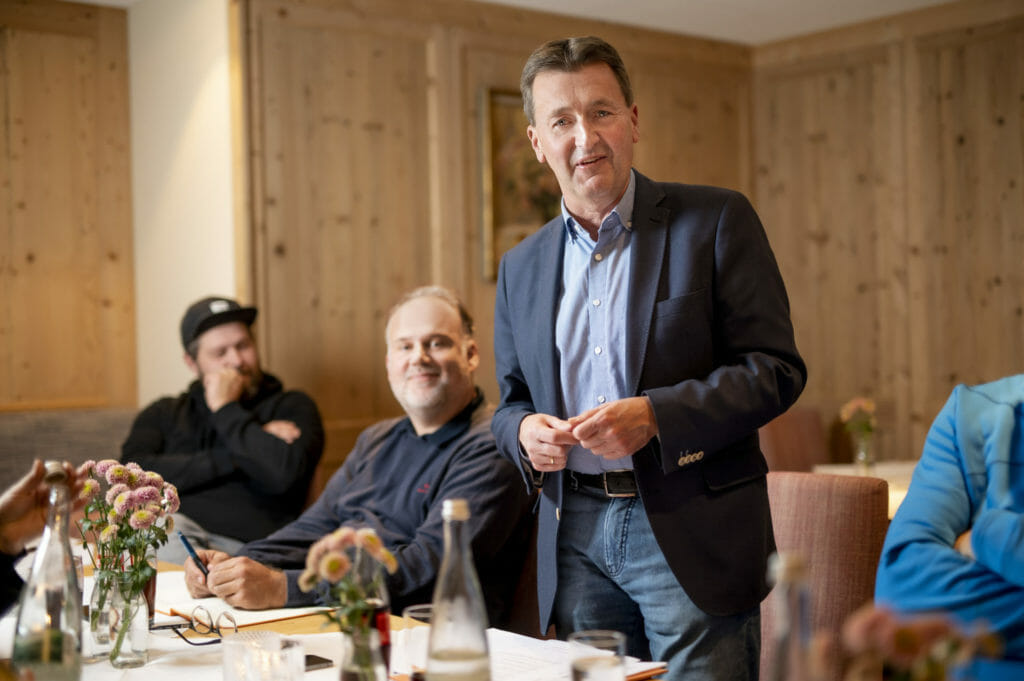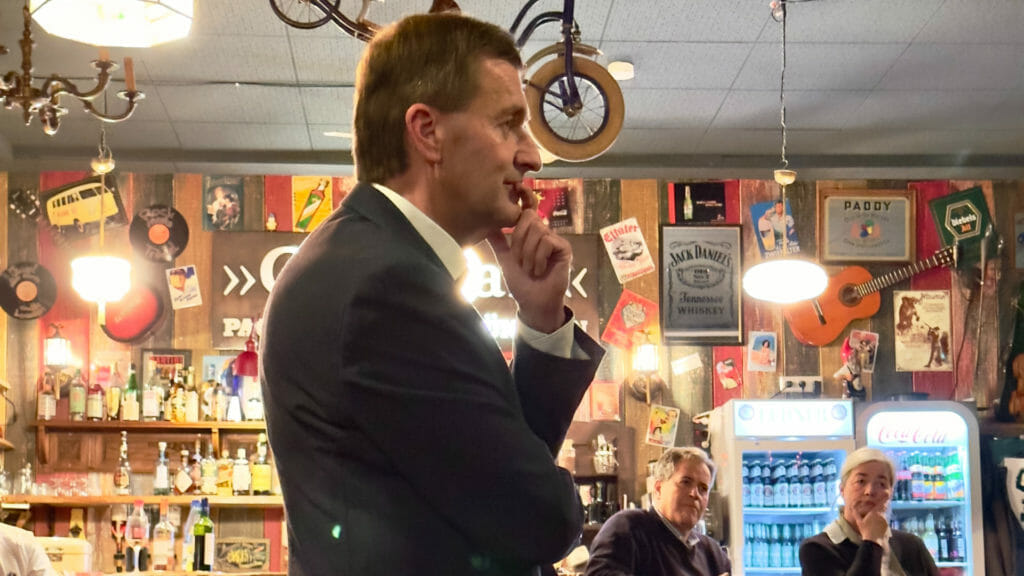Press release
Numerous topics were discussed during the “Citizens’ Dialogue” series of events, to which mayoral candidate Roland Tralmer had invited to the Brauhaus Zollernalb restaurant in Ebingen. The discussion with the numerous attendees was characterized on the one hand by the topic of “Hall concept and culture in Albstadt” and on the other hand by the topic of sustainable energy supply in the city in the presence of members of “Fridays for Future”.
When asked about the status of municipal planning with regard to the future hall concept, Tralmer explained that it had become apparent in recent months that there was still a considerable need for discussion among the population with regard to the current resolution of the municipal council concerning the demolition plans for the Thalia Theater in Tailfingen and the festival hall in Ebingen. After the mayoral election, it would therefore be the urgent task of the then newly elected mayor to seek this dialog with the population. Until that time, no hasty steps should be taken. According to Tralmer, it is important to first collect new, independent and “resilient” figures once again with regard to the possible renovation costs of the Thalia Theater and the Festhalle Ebingen in order to check whether there could also be alternatives to demolition. Furthermore, it was decisive that a conversion of the Zollern-Alb-Halle in Tailfingen, which was intended for this purpose, into a “transitional culture and event hall” could only take place if it was also clear how long and with what goal such a “transitional solution” would be needed. Here, too, there was a need for further discussion and action on the part of both the administration and the municipal council as a whole. Against the resistance of considerable parts of the population, decisions could not be made without further ado at the green table; here, too, it was clear that the topic of “communication” in Albstadt showed considerable need for improvement for the future. According to Tralmer, it is clear that the city with the largest population in the Zollernalbkreis district must continue to have a functional and appropriate hall for cultural events as well as for other meetings. This is also a decisive feature of a functioning cultural policy in the city. Regardless of the hall, however, there is a “very special art and culture scene” in Albstadt, which should be increasingly promoted in the future. He said that the hall issue was not the only decisive factor here, but that attention should be focused on the numerous private and voluntary art and culture operators in the city.
In the discussion about sustainable energy supply, Tralmer underlined his demand to already now enter into sustainable and regenerative energy and heat supply in Albstadt in view of the political situation and the price development for conventional energy sources. New approaches would have to be taken here, which would have to include in particular the further expansion of photovoltaics throughout the city. Here it is important not to focus solely on the Albstadtwerke. A “municipal energy turnaround” requires an overall view of the city. Here, business and industry as well as the entire administration and private individuals are in demand. Moreover, Albstadt has numerous unused resources in the field of regenerative energies – both as a municipal forest owner and in other energies. In particular, it would be conceivable to enter into the construction of municipal heating networks in individual urban areas. In this context, the use of hitherto unconsidered thermal energy, which could be obtained from the sewage treatment plant in Albstadt Ebingen and which would also be suitable for setting up a district heating network, should also be considered. There should be “no prohibitions on thinking” here. Instead, he said, the watchword should be “when, if not now?”






